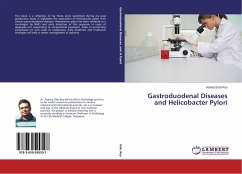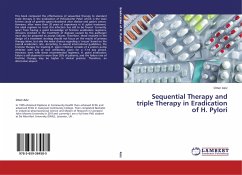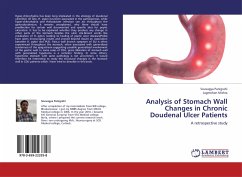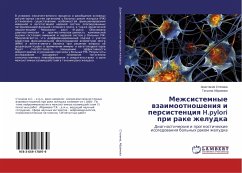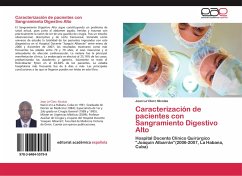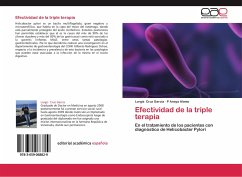
The Stroke Germ
The Role Of Chronic Infection And Inflammation In The Pathogenesis Of Ischemic Stroke
Versandkostenfrei!
Versandfertig in 6-10 Tagen
45,99 €
inkl. MwSt.

PAYBACK Punkte
23 °P sammeln!
Stroke is one of the leading causes of mortality worldwide. Traditional atherosclerotic risk factors such as hypertension, smoking, and diabetes mellitus account for only about 50% of the clinical occurrence of cardiovascular diseases. Accordingly, a number of "newer" risk factors are emerging and are believed to play a significant role in the incidence of stroke and other cardiovascular diseases. They include homocysteine, lipoproteins, markers of inflammation, and infectious agents. There is evidence to suggest that atherosclerosis is an inflammatory disease. The lesions of atherosclerosis a...
Stroke is one of the leading causes of mortality worldwide. Traditional atherosclerotic risk factors such as hypertension, smoking, and diabetes mellitus account for only about 50% of the clinical occurrence of cardiovascular diseases. Accordingly, a number of "newer" risk factors are emerging and are believed to play a significant role in the incidence of stroke and other cardiovascular diseases. They include homocysteine, lipoproteins, markers of inflammation, and infectious agents. There is evidence to suggest that atherosclerosis is an inflammatory disease. The lesions of atherosclerosis are believed to represent a series of highly specific cellular and molecular responses akin to an inflammatory reaction. Infectious microorganisms such as Chlamydia pneumoniae, Helicobacter pylori, and cytomegalovirus are among several factors that may induce and promote inflammation and thereby atherosclerosis. C-reactive protein, fibrinogen, interleukin-6, and p-selectin are among several inflammatory markers, which reflect the generation of proinflammatory state that have proven to be a strong predictor of cardiovascular diseases and their outcome.




